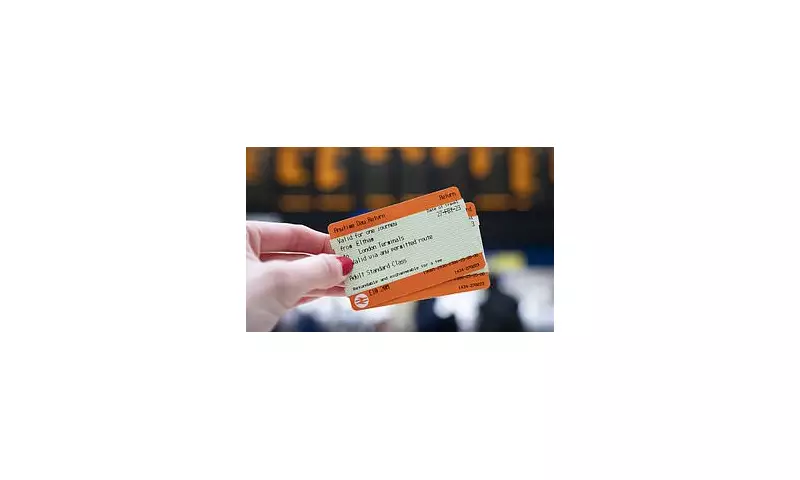
Rail passengers across Britain are being warned to brace for potential fare hikes as the cost of Labour's ambitious railway renationalisation plan could exceed £400 million.
The Staggering Set-Up Costs
According to a Government impact assessment obtained by the Mail, establishing a new public body to run the railways and a passenger watchdog is projected to cost between £200 million and £400 million. This substantial sum will be allocated to staffing costs, property acquisition, branding, and IT systems for the new Great British Railways (GBR), which is set to replace Network Rail.
The assessment, marked with a red 'negative' rating to signal a potentially bad outcome for passengers, states: 'Set up costs relate to costs over and above existing spend within the rail sector required to support the transition.' This is the first time an official figure has been attached to the costs of taking the railways back into public ownership.
Who Foots the Bill?
Transport Secretary Heidi Alexander has repeatedly declined to confirm whether fares will have to rise to help fund this major overhaul. However, an industry source was less circumspect, stating: 'Either the farepayer or the taxpayer has to pay for the railways.'
The source highlighted that Chancellor Rachel Reeves stipulated in the June Spending Review that taxpayer subsidy for the railways needs to be reduced by around £800 million by the end of this Parliament. 'So it’s pretty clear who’s going to end up paying,' the source added, pointing directly towards passengers.
Furthermore, industry experts caution that the final cost could be significantly higher than the initial £400 million estimate. This is due to anticipated demands from rail unions to 'level up' worker salaries and terms and conditions across the entire network once it is fully renationalised.
With more than a dozen private train companies previously operating, drivers and staff have been on different pay rates. Equalising these terms is expected to cost millions, if not tens of millions, of pounds extra. 'The unions have the Government over a barrel on levelling up terms and conditions,' a source revealed, warning of potential industrial action if demands are not met. These additional costs are not calculated in the current impact assessment.
Political Fallout and the Road Ahead
The Conservative opposition has seized upon the report. Richard Holden, the Tories' transport spokesman, criticised: 'Labour promised that their state-run railways would save taxpayers money. Now it’s clear that not only will it cost hundreds of millions before it’s even begun, but taxpayers will be on the hook for even more down the line.'
The renationalisation process is already underway. South Western Railway was the first to be brought into public ownership in May, followed by c2c in July and Greater Anglia last month. The plan, established by the Railways Bill currently progressing through Parliament, aims to bring most of England's rail network under public control by 2029.
The newly formed GBR quango will act as a single 'guiding mind', integrating the management of rail infrastructure and train operations under one roof. While the move fulfils a long-standing demand from rail unions, critics argue it prioritises union interests over those of passengers, noting that delays on some renationalised lines have worsened or shown no improvement. The Department for Transport was contacted for comment.





